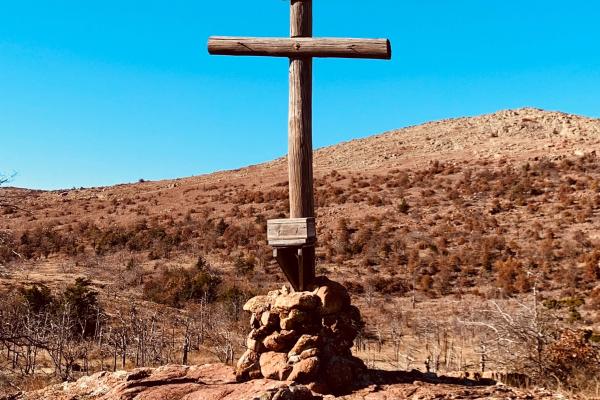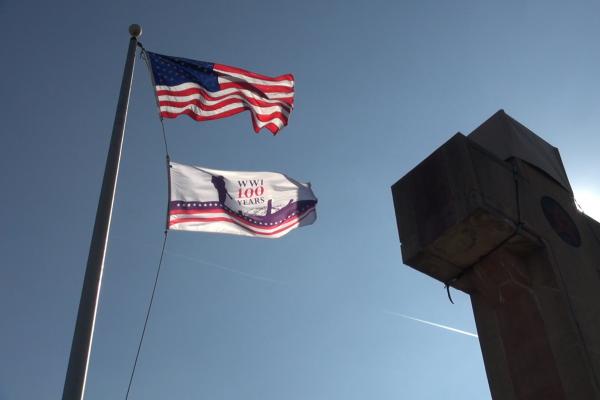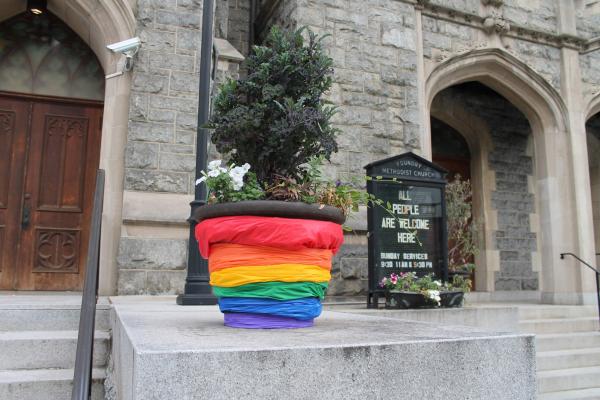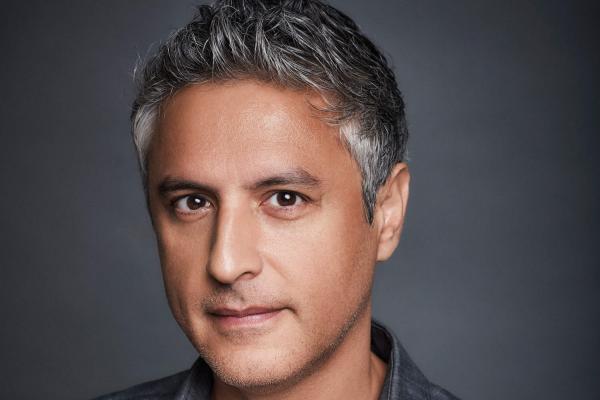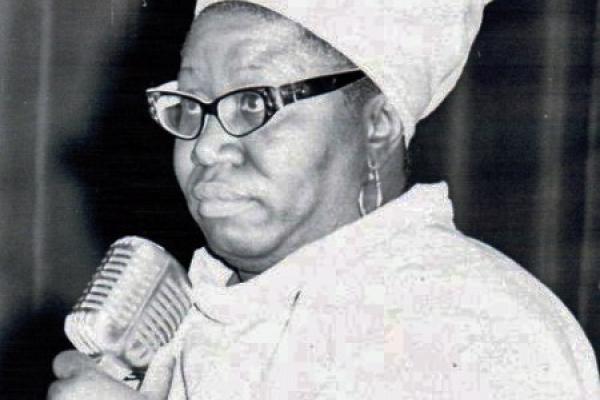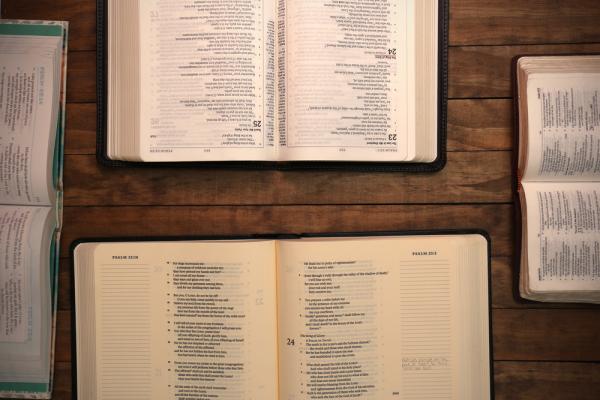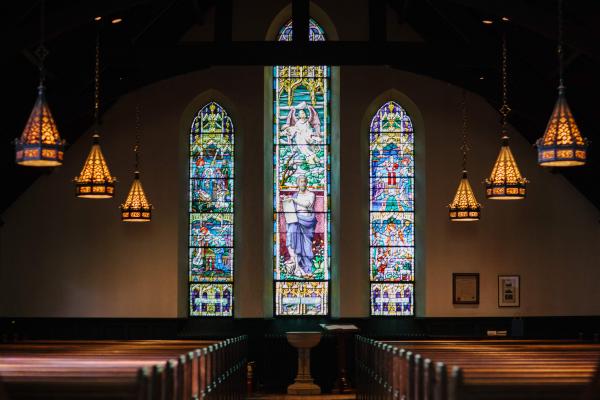In that small town, we were told that we were in "God’s country." The physical and spiritual evidence that surrounded us made us all the more certain. If this was "God’s country," then this too was God’s community, God’s actions, God’s relationships. The community, its actions, its families, its relationships were sacred. Nearly every aspect of the community was transformed into some great action of the Kingdom. And we were reminded, almost as often, that The World was a threatening force trying to make its way in and it was our duty to keep it out.
The landscape of social change is evolving. While effective activism and spiritual vitality have long been positioned in opposition to one another, today’s social movements are investing greater attention to their interdependence. At this intersection of personal and collective well-being, justice doula and movement chaplain Micky ScottBey Jones holds both deep conviction and embodied wisdom.
United Methodist vote causes pain, ancient resistance for women’s history month, anger is contagious, grace amid cancel culture, and more!
There’s no way I could imagine forgetting this baby nursing at my breast. Not only wouldn’t my body allow me that, feeding my son wasn’t an obligation or a duty. It was a time I looked forward to with joy. Even those middle of the night wake-ups were still one more opportunity to snuggle that sweet little boy.
Inside the court, the arguments were more complicated and hinged on previous decisions about the Establishment Clause of the First Amendment which states “Congress shall make no law respecting an establishment of religion.” Justices questioned what constitutes an endorsement of religion? Which precedents from which cases should apply?
One could ask whether taking a vote from 800 delegates from different regions, cultures, and countries, but all part of an increasingly global United Methodist Church, is the best way to discern the will of God or how a denomination should move forward. That’s what former Methodist Bishop Will Willimon wondered to me yesterday, the day after the historic vote to strengthen the church’s “traditional” ban against LGBTQ clergy and marriages. Willimon was disappointed that “once again, the Methodist Church is a mirror of the culture.” The vote showed again how divided the church is, as the vote was nearly split down the middle. That split shows, painfully, that the church is no better place to heal division than anywhere else in our culture.
So far, Aslan’s cable shows — including his Muslim-American family sitcom that was dropped by ABC — have not panned out. But his ambitions to reach a broader audience remain as large as ever. And unlike the somewhat braggadocios and didactic style of commentary that he’s become known for in front of television cameras, he’s eager to change minds while occupying a different place: behind the camera.
School segregation did not end with Brown v. Board of Education — it took the hard work of women like Mae Mallory and the Harlem 9 to move us toward racial equality in our school systems.
The semantics are important to understand because the different terms present two completely contrasting paradigms. One is based on textual interpretations and opinions, while the other is founded upon the words and actions of the living savior of the world. If you’re a Christian, you should always err on the side of Jesus. But if we’re not careful, it’s easy to idolize the bible while simultaneously ignoring the very message of Christ.
The decision-making body of the United Methodist Church on Tuesday voted to clarify and strengthen the restrictions on LGBTQ members, in a plan that many observers say is unconstitutional. The Traditional Plan passed by a vote of 438-384.
